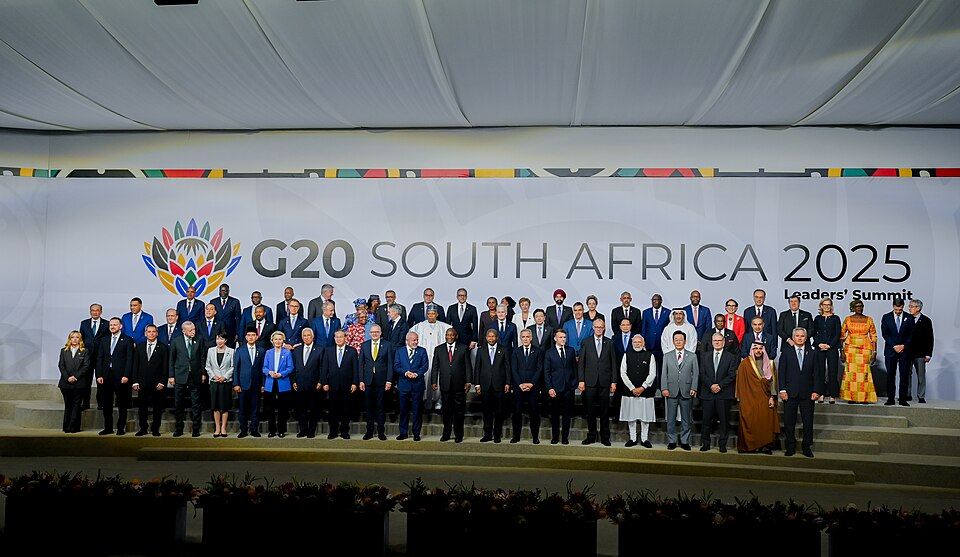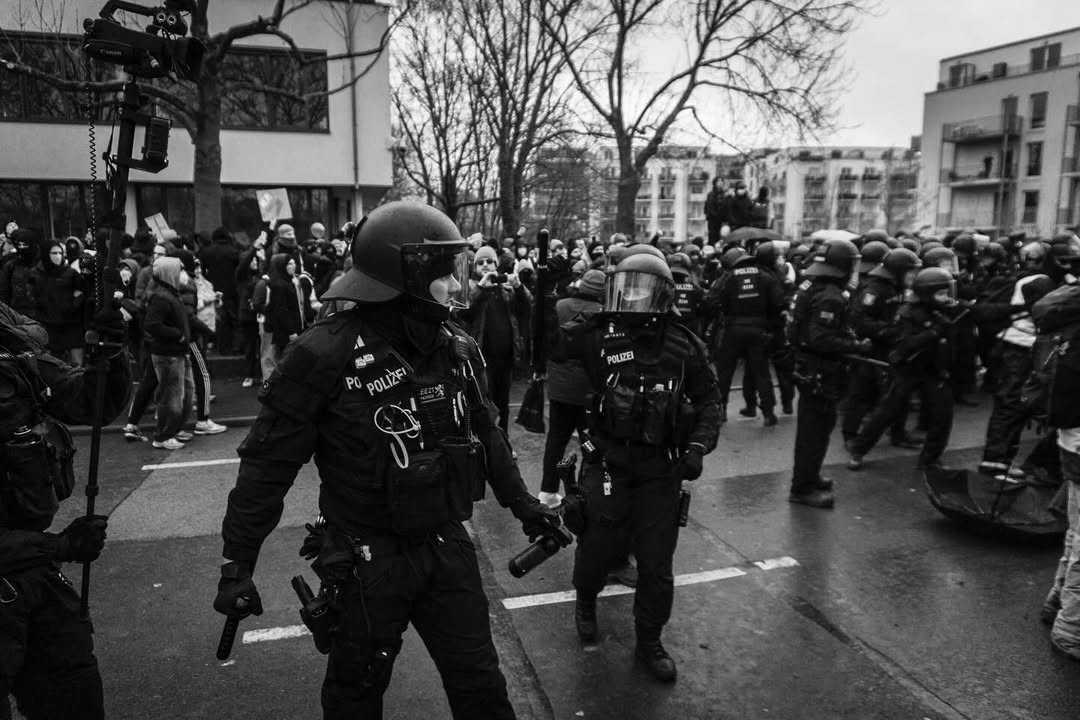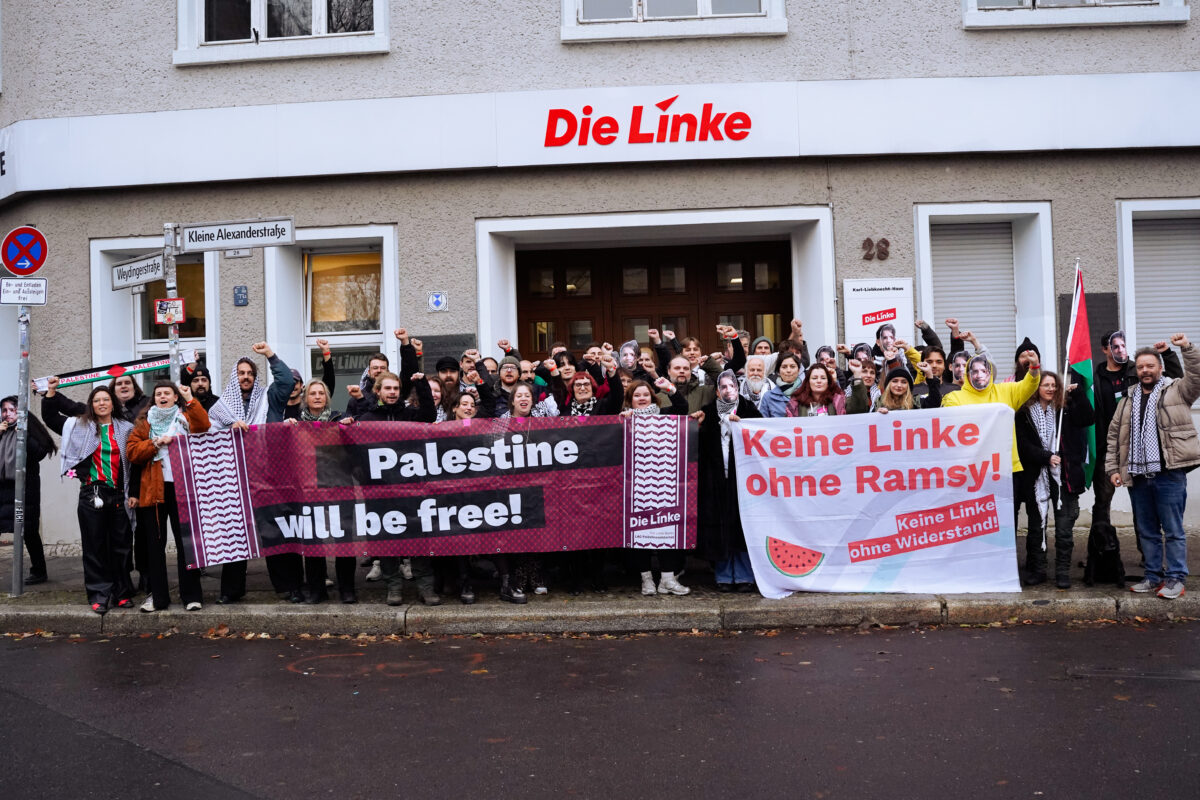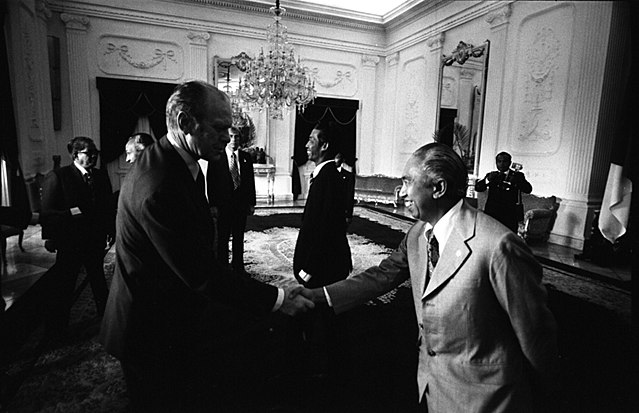“The United States seems destined by Providence
to plague America with misery in the name of liberty.”
Simón Bolívar
“A beating so he learns that here there is honor
So he sees that in the Caribbean the shrimp doesn’t sleep
(If you see him coming, it means a beating for the shark)
Let’s hit him hard without hesitation.”
Rubén Blades
This statement is just a simple motion, one try among many, a grain of sand amidst the rage and pain. But it is in rage and pain that the most stubborn and impossible resistances have begun, the most dignified struggles of humanity against imperial and genocidal wars. A greeting towards the Sea of the valiant Karib1, of the continent’s first independence movements, port of slave ships, sea of trade routes of colonial plunder, tomb of pearl divers, home of maroon resistance and quilombos, sea of necessary revolutions and cradle of the most beautiful corals.
A long history of interference
It is upon this sea that the talons of the bald eagle2 once again perch. They seek to tear apart the fabric of popular resistance and our anti-imperialist spirit, forged in blood and fire by the peoples of our continent in their quest for emancipation.
This is not the first time the US empire has attempted to define our destinies to guarantee, at all costs, the exploitation of nature and the control of politics in what, in its contempt for the rest of the continent, calls its “backyard.” There are countless strategies of the US interference in our America over the last two centuries, from the Monroe Doctrine3 to the Operation Condor4. The history of the US government intervention on American soil is longstanding:
From wars and direct military interventions on the continent to economic and military support for far-right governments in the region; financial and military backing for coups against revolutionary or progressive governments; economic blockades and sanctions, and intervention in security policy; the training and funding of military and paramilitary forces for the extermination, disappearance, and torture of the civilian population; the displacement of entire communities; and the exploitation of energy resources through extractive companies. Yesterday there was the justification for the counterinsurgency and anti-communist war; today it is the excuse for the war on drugs. Yesterday it was about bananas; today, black gold.
The Caribbean has fought for its sovereignty and dignity against its predatory neighbor countless times, from the invasion and annexation of Puerto Rico in 1898; the separation of Panama and the annexation of the Canal in 1903; the military occupation of Haiti in 1994; the military occupation of the Dominican Republic with the Banana Wars in 1916 and its repeated interference in national politics in 1965; the Bay of Pigs invasion (Cuba) in 1961; the support for paramilitary forces in Colombia to the financial and political support for the coup against Hugo Chávez in 2002. Among many other attempts to forcefully and starvingly undermine the sovereignty and self-determination of the peoples of the Caribbean.
Reclaiming back “the backyard”?
In recent months, under Trump’s presidency, in his internal struggle to win the trade war with China, Abya Yala (the Americas) has once again come under the watchful eye of the imperial eagle. Under the pretext of a supposed war on drugs, they (the imperialists) attempt once again to justify their intervention in the region. Yankee imperialist capitalism rearranges its stakes in Latin America, from the imposition of military bases with the complicity of far-right governments like Noboa’s in Ecuador, passing by the indebtedness and structural adjustment policies implemented by Milei in Argentina, to the murder of more than 80 people in the Caribbean Sea, thus creating a scenario of war against Venezuela and Colombia, with the sole aim of assuring the plunder of the world’s largest oil reserves, located beneath Venezuelan soil, and halting trade agreements which benefit China.
The shaping of a narrative of a failed state and a war on drugs to justify a military intervention in Venezuela has precedents and seeks to apply the same strategy as that previously used in Guatemala, Grenada, Chile, Colombia, and Panama. Some of the actions that have contributed on creating this war scenario in the last two years include:
- Dialogue and mediation by the United States with the Guyanese government for political and military support amidst escalating tensions over the Essequibo territory dispute. Marco Rubio’s visit5 to Guyana for political agreements and joint Guyanese-US military exercises on Guyanese territory (March 2025).
- Strengthening of economic sanctions against Venezuelan government officials (2023).
- Strengthening of the economic blockade against Venezuela, leading to a profound crisis, increased hardship and impoverishment of the population.
- Launch of “Operation Safeguard” to deport Venezuelans “en masse” from the United States, accused of being criminals (January 2025).
- Mass deportations of Venezuelan migrants in the United States to maximum security prisons in El Salvador, accused of being part of the “Tren de Aragua”6 (March 2025).
- Arrest warrant issued for the President of Venezuela as part of a terrorist organization, “Cártel de los soles”7 (October 2025).
- Defining of the “Tren de Aragua” as a foreign terrorist organization by the U.S. State Department (March 2025).
- Awarding of the Nobel Peace Prize to Venezuelan far-right opposition leader María Corina Machado (politically disqualified for explicitly requesting military intervention in Venezuela from various U.S. presidents—Bush, Obama, Biden).
- Designation of the “Cártel de los soles” as a foreign terrorist organization by the U.S. State Department (November 2025).
- Deployment of U.S. warships, aircraft carriers, nuclear submarines, bombers, and 15,000 troops to the Caribbean (August – November 2025).
- Extrajudicial killings of more than 80 fishermen of various nationalities in international and Colombian waters, accused of drug trafficking (September – October).
- Military exercises and deployment of US troops in Panama and use of Trinidad and Tobago’s maritime borders with Venezuela.
- Diplomatic tension between Venezuela and Trinidad and Tobago.
- Overflight of military aircraft a few miles from Venezuelan territory (November 2025).
- Announcement of a new phase of military advance in Venezuela and preparation for direct ground invasion operations (late November).
No one here will surrender!
The Caribbean Sea is a battleground today. Every week the threat intensifies. A direct military intervention in Venezuela via its coasts, or the beginning of a scenario of political destabilization leading to civil war, should not only generate the strongest condemnation from the peoples of the world, but also a wave of international solidarity that could prevent a regional massacre, the loss of sovereignty, and the complete surrender of our land to the most unsavory face of US imperialism.
The guarantee of peace today in Venezuela and Colombia implies the guarantee of peace on a continent once again ablaze with injustice, inequality, repression, and hunger. Our gaze must be attentive and fair. Also, we must understand the magnitude of what is happening. We cannot remain passive, clinging to purist positions that only speak out (and rightly so) against the abuses of a government disguised as revolutionary that betrayed the political project of socialism; we must be consistent with our continent’s history of resistance and speak out against a new imperialist threat. Our struggle is from and with the people.
We are children of a continent which forged its identity in resistance against colonialism, against bourgeoisie, against imperialism. A continent that has learned to shape its destiny when it has raised the banners of dignity and struggle. This time will be no exception. The voices of those of us who are unwilling to allow the armies of power to continue oppressing and threatening the peoples of the Americas with the sword of war in their imperialist expansion plans are already being heard.
From the Latin American Bloc we call for the urgent task of uniting forces, speaking out, and weaving networks of resistance against imperialism, beyond the differences we may have regarding Venezuelan politics in recent years, beyond our fragmentation. Just as we raised the Palestinian flag in the streets of the world and wore keffiyehs around our necks as a cry for justice and rebellion against Zionism, let us raise today the flag of Our American unity, let us reclaim the Gran Colombian dream, let us recognize ourselves today more than ever as part of a shared history, as brothers and sisters of the same land. Therein lies our strength and our tenderness. Let us not allow war on our land; let us resist once again the talons of the bald eagle.
From Palestine to Abya Yala, the struggle continues!
Before the imperial boot, we will triumph!
This article first appeared in Spanish on the Bloque Latinoamericano website on 29.11.2025. Translation: Ana Ferreira. Reproduced with permission.
- In Taíno, the term Karib means “strong,” “brave,” “valiant.” Caribe was used to name the indigenous peoples inhabiting the Antilles during colonisation.
- In 1782, the bald eagle was chosen as the official emblem of the United States.
- The United States’ foreign policy in dispute with European colonialism in the Western Hemisphere. It considers any intervention in the political affairs of the Americas by foreign powers from other continents as a potentially hostile act against the United States. (James Monroe, 1893).
- Campaign of political repression and state terrorism carried out from 1975 onward by several Latin American dictatorships with the backing of the United States government, which encompassed intelligence operations and the murder, torture, and disappearance of thousands of people across the continent.
- United States of America Secretary of State and National Security Advisor, from the Republican Party.
- Drug trafficking group from the state of Aragua in Venezuela.
- Alleged criminal organization from Venezuela.




